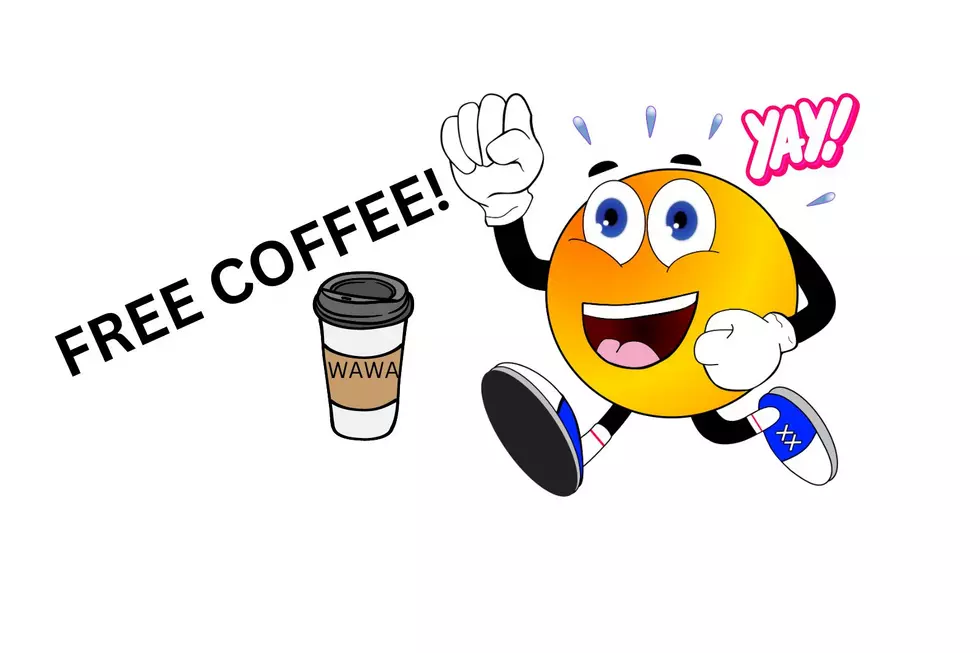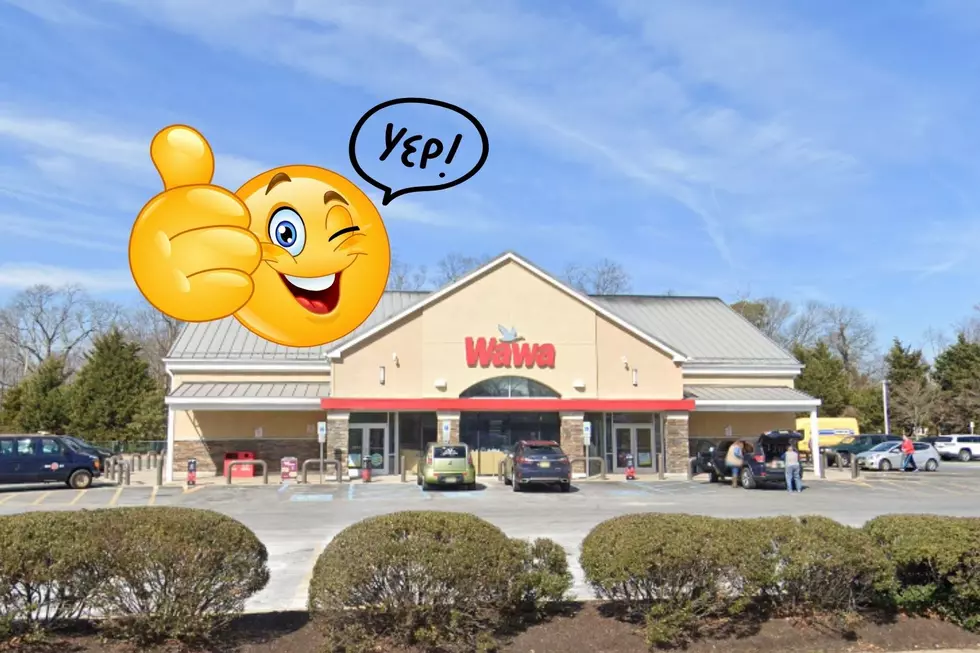
QuickChek and Wawa, CVS and Walgreens … why are competitors so close in NJ?
Featured on the "coming soon" section of QuickChek's website is a gas-retail store at the corner of Route 33 and Applegarth Rd. in Monroe Twp., Middlesex County. Within a minute's walk, right across the highway, is a full-service Wawa that opened its doors in late 2014.
These retail wars are no stranger to New Jersey's highways — CVS at the same intersection as Walgreens; McDonald's and Burger King just one parking lot apart.
But what's the logic in setting up shop so close to a competitor? Why not move a mile up or down the road and separate yourself from the pack?
According to marketing professor Sandy Becker with Rutgers Business School, while the incoming brand (Quick Chek, in this case) would, of course, love to take some business from the existing brand at the same intersection (Wawa), moves like these are made with the consumer in mind.
If the heavily traveled area is already causing a drive-time rush for the existing shop, for example, bringing in a different brand offers drivers even more choices, Becker said.
"It's also an opportunity for the competitor to be viewed as one of the many brands to be considered," he said.
When looking for a good spot to bring in a new shop, Becker added, companies may have less research to conduct if they know a similar company is already doing great business in a specific spot.
New Jersey-based QuickChek did not return requests for comment.
Becker said while this next-door pattern may seem like one company's shot at making another close its doors, it actually helps the industry overall.
"Although the first (brand) gets a hit because the second and the third brand are taking away some market share, over time that will even out," he said. "Everybody benefits."
In certain instances, such as those involving car dealerships, multiple options in one spot may increase the chances of a sale. A potential buyer would be less likely to purchase a car on any given day if they had to travel a couple miles for every shop. When they're packed together on the highway, the consumer can jump from location to location and cover more ground in less time.
More from WOBM:
Contact reporter Dino Flammia at dino.flammia@townsquaremedia.com.
More From 92.7 WOBM










